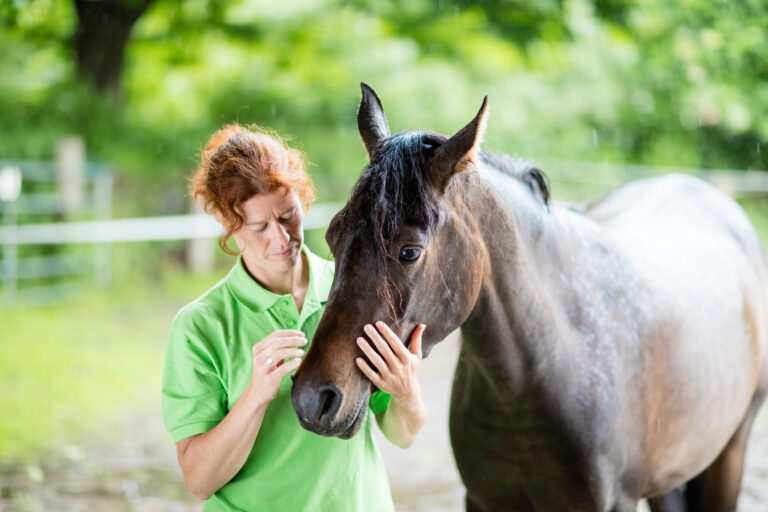Barbara Knust, team lead for the Centers for Disease Control’s Ebola response and alumna of Michigan State University, will deliver the keynote address at the 24th annual Phi Zeta Research Day at the MSU College of Veterinary Medicine.
The address, “Responding to the Ebola Outbreak in West Africa: Current Status and Lessons Learned,” will take place Friday, Oct. 3, at 3 p.m., in the Veterinary Medical Center and is open to MSU faculty, students and staff.
In addition, Knust will speak on Thursday, Oct. 2, at 3:30 p.m., for the Large Animal Clinical Sciences Lecture series. Her presentation, also located in the Veterinary Medical Center, will address topics such as zoonotic viruses, veterinary medicine and public health.
Knust has been involved with the 2014 Ebola response since the outbreak was first detected earlier this year and currently provides subject matter expertise across several areas of the response efforts. As a veterinarian and epidemiologist at the CDC’s Viral Special Pathogens Branch, she continues to demonstrate the life-changing work conducted by veterinary researchers. She has traveled to seven different countries and across the United States in order to respond to and study high-hazard viruses such as ebola, Hantavirus, Crimean Congo Hemorrhagic fever and Rift Valley fever.
Each year, the College of Veterinary Medicine, in conjunction with the veterinary honor society Phi Zeta, showcases the research and scholarship of students and faculty from CVM and other affiliated MSU departments and colleges.
The college’s Phi Zeta Research program provides MSU students the opportunity to explore research-based veterinary career options—careers that support the protection of public health and the advancement of science that benefits both humans and animals. Collaboration with other MSU colleges and departments fosters world-class research and strengthens the overall learning environment.
The MSU College of Veterinary Medicine’s Phi Zeta Honor Society was established in 1950, and it was the sixth chapter established in the United States. Membership is offered by invitation based on high academic achievement and sound character to veterinary students, graduate students in the biomedical sciences, faculty and veterinarians. Phi Zeta promotes the constant advancement of the veterinary profession, for higher educational requirements, and for high scholarship. The society’s goal is to recognize and promote scholarship and research in matters pertaining to the welfare and diseases of animals.








